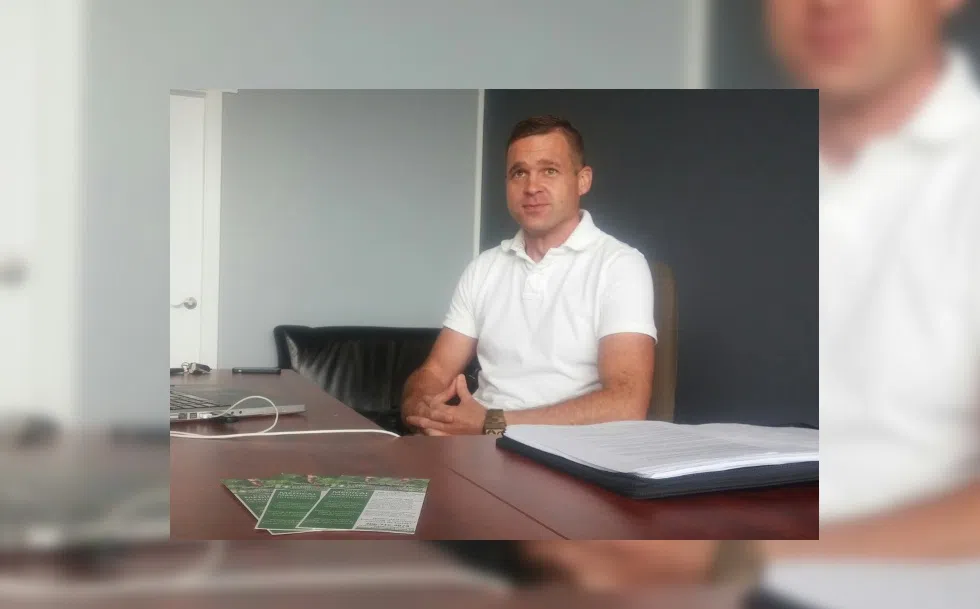
Saskatoon pot dispensary opens, despite legal issues
Moments after speaking to city officials about regulating medical marijuana dispensaries in Saskatoon, compassion club owner Mark Hauk opened the doors to the city’ first dispensary.
“It’s open for everyone; the look and feel is like going to a doctor’s or a dentist’s office,” Hauk said, outlining his plans to the city’s planning and development committee.
Observing the successes in other Canadian cities including Victoria and Vancouver, Hauk urged the committee to start moving forward on regulations for medical pot dispensaries. Examples of regulations Hauk used included minimum distances from schools, as well as mandatory criminal background checks from dispensary owners and operators.
Councillor Pat Lorje spoke in favour of regulating pot dispensaries in Saskatoon, citing how Vancouver was forced to regulate these businesses after seeing almost 100 shops pop up in a couple of years.


